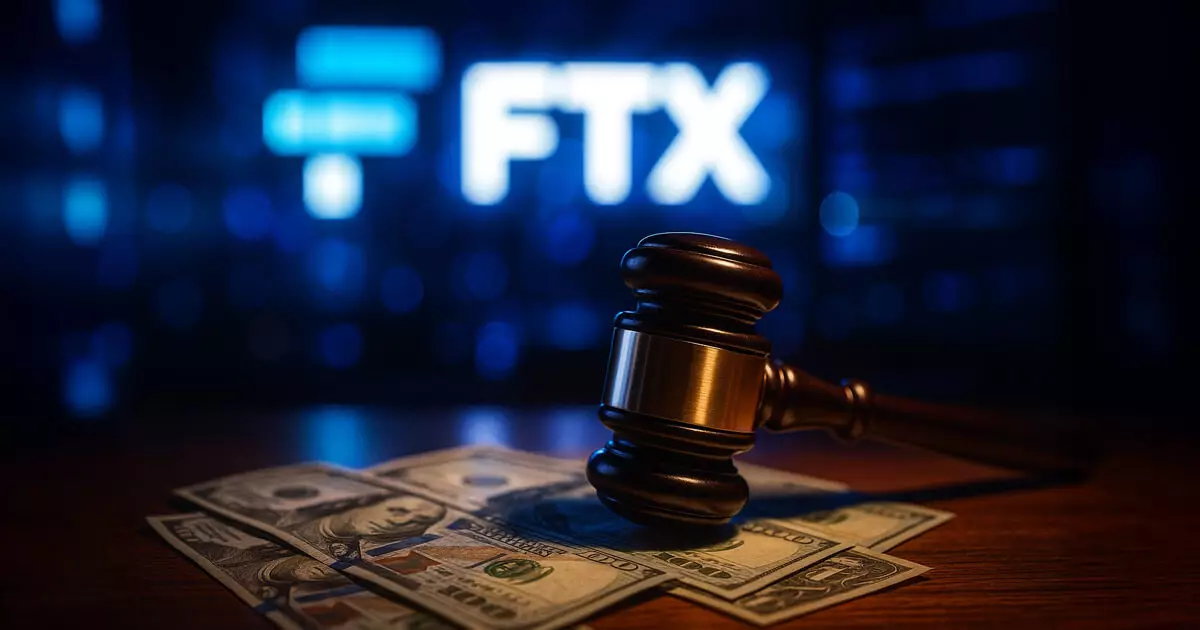FTX, once a titan of the cryptocurrency world, now finds itself entangled in a complex web of legal and financial hurdles. The recent announcement of a tentative distribution date ignites hope among creditors, but this promise masks a deeper reality: the recovery process remains painfully slow and fraught with uncertainties. While the firm claims to have cleared some of its most pressing barriers—such as reducing its disputed claims reserve by nearly half—the generous narrative often overlooks the fragility of this progress. This cautious optimism is more a testament to legal maneuvering and behind-the-scenes negotiations than genuine recovery. The reality is that creditors are still entangled in a limbo that subtly favors management and large stakeholders over individual investors and smaller claimants, exposing a system that often privileges institutional interests over fairness.
Questionable Political and Financial Strategies
Behind the scenes, the FTX saga exemplifies the risks of overregulation and political miscalculations that have allowed such a collapse to occur in the first place. A center-right liberal perspective suggests that a balanced regulatory approach—one that enforces accountability while encouraging innovation—could have minimized the fallout. Instead, the regulatory environment became fragmented, enabling the unchecked growth of FTX and exposing the vulnerabilities of a loosely governed crypto ecosystem. Now, the recovery process is influenced heavily by legal technicalities and strategic delays, which seem designed to stave off chaos rather than expedite justice. The selection of entities like BitGo, Kraken, and Payoneer to manage disbursements indicates a move towards institutional control, but also raises questions about transparency and fairness in the distribution process. This pattern ultimately reveals a systemic issue: the prioritization of backroom negotiations over rightful compensation for everyday creditors.
The Myth of Fast Justice and Fair Outcomes
It is tempting to see the upcoming payments as signs of a functioning justice system, but this is a naive illusion. The scheme’s complexities—insisting on strict pre-distribution requirements, closing the obfuscating objection periods, and only disbursing funds to approved claims—highlight the inherent inequalities in the process. Smaller creditors, who often lack the resources to navigate dense legal protocols, find themselves sidelined or delayed, further skewing the odds in favor of larger, more organized claimants. The fact that the estate recently transferred nearly $5 billion in repayments shows an impressive cash flow, yet that money doesn’t reach the majority of affected individuals swiftly or fairly. Instead, it paints a picture of a slow-moving legal machine that prioritizes control and containment over genuine restitution. The promise of further payouts seems more a strategic ploy to placate distrust than a sincere effort to right the wrongs inflicted by the scandal. Certainly, this approach reflects a calculated conservatism—aimed at protecting the estate’s interests—rather than a bold step toward comprehensive justice for all victims.
In critical reflection, the entire process underscores the need for a more pragmatic, transparency-driven approach to crypto regulation and oversight. As this case unfolds, it serves as a stark warning: without proper checks and balances, even the most promising innovations can descend into a protracted game of legal and financial stalling, leaving most victims in the cold. The question remains whether this recovery can serve as a genuine basis for reform, or if it will simply fade into a textbook example of legal window-dressing masquerading as justice.


Leave a Reply